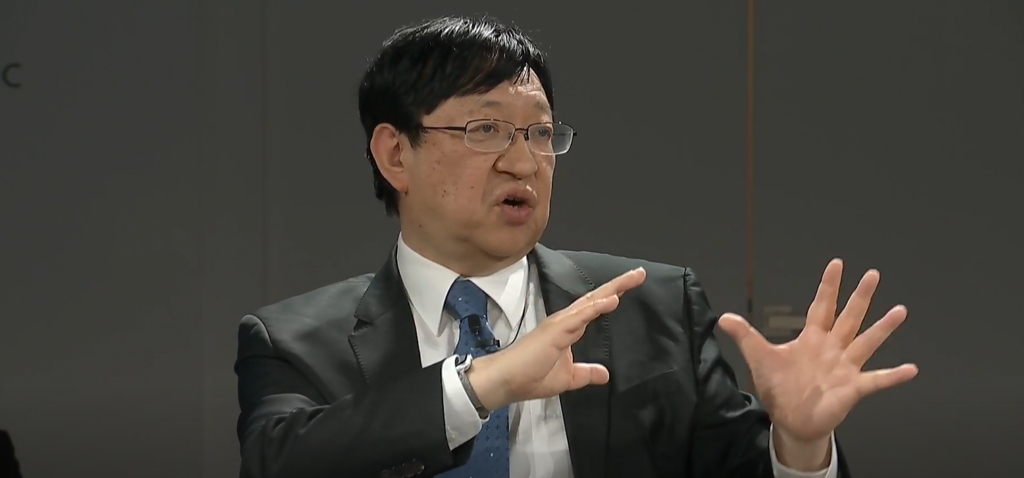
- ARAB NEWS
- 01 Jul 2025

DUBAI: Japanese scientist Hiroaki Kitano, the current CEO of Sony AI, shared on Sunday, during a panel at Riyadh’s World Economic Forum (WEF), that generative AI will have a huge impact on GDP and creativity.
“People should equate (the rise of AI) with the industrial revolution,” he said. “Right now, generative AI is the predominant use for productivity for large-scale and individual-style models. I think it will (have) a really big impact on GDP and productivity.”
Kitano, who has more than 40 years of experience in the field of AI and robotics, added that the next phase of AI development will be significant for scientific discovery as it will change the way scientists operate.
“When you ask ChatGPT a question, you get a decent answer. At the same time, what we need in scientific discoveries is a hypothesis. Humans are great at doing that, (but) we have a need to move into this kind of AI to be able to generate a lot of hypotheses and prioritize them,” Kitano said.
The Japanese scientist also said that generative AI will have an impact on creatives, such as musicians and artists, since the technology will help them explore new art forms. “I think (generative AI) in books is common, but I think it is still something that excites me,” he shared.
Additionally, he shared that the creators of the datasets that are used to train machines need to be paid for their hard work. “The creators and writers of data need to be respected and compensated properly. Otherwise, the cycle of hard-core detail and improvement of AI capabilities will break down,” said Kitano.
Kitano also shared that one of the limitations of AI is that its access and capabilities differ depending on the language. “Access to AI doesn’t mean you get the same benefit. English-speaking countries in North America and (countries) in Africa or the Middle East (are) very different. If the data you are interested in is not there, you don’t get anything,” he said.
He urged the establishment of a common dataset, whether it is open-source or a dataset established by a government organization, to improve the usage of AI worldwide and to have a system that will benefit all countries.
Furthermore, Kitano was joined by Abdullah Alswaha, Saudi Arabia’s Minister of Communications and Information Technology, who also stressed the importance of AI in different industries. “Talents and leaders in this room, if they do not master AI within the next five to seven years, will become irrelevant to a talented leader that uses AI,” the minister said. “In other words, they could potentially be displaced or disruptive.”
#SpecialMeeting24: @aalswaha, #SaudiArabia’s Minister of Communications and Information Technology, calls on talents and leaders that if they do not master AI in the coming six to seven years they will become irrelevant for any industry they are in.
— Arab News (@arabnews) April 28, 2024
For our #Riyadh @wef… pic.twitter.com/DUbBsHI2zB